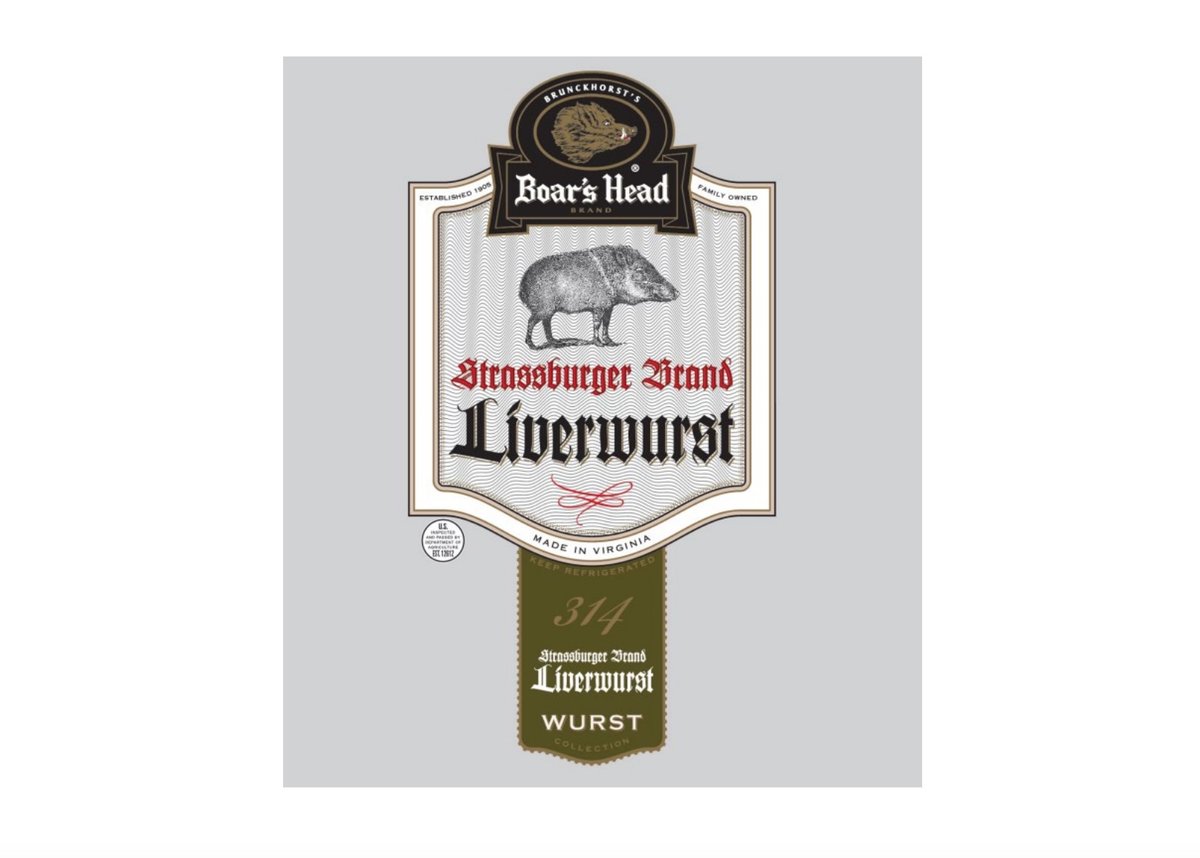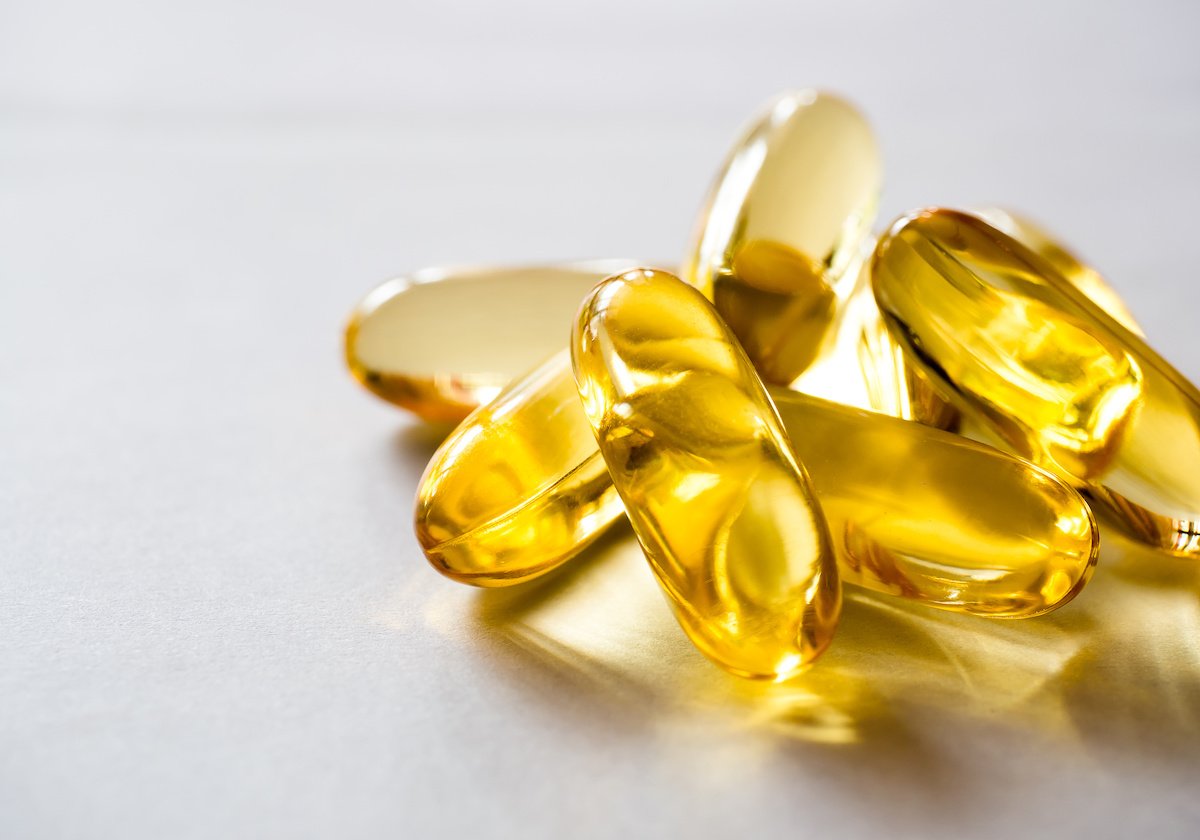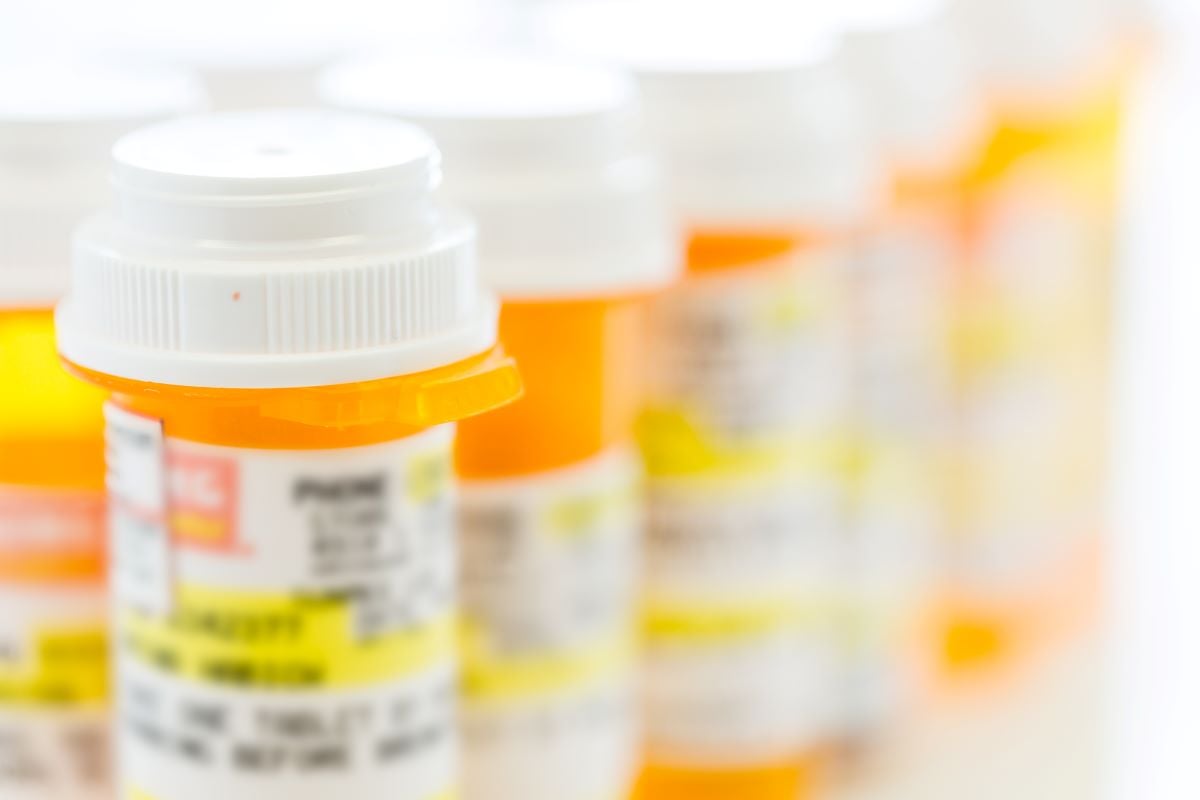
The Biden administration said Thursday that it has signed deals with drug companies that will lower the prices on 10 of the most popular and expensive drugs used by American seniors. Taxpayers should save $6 billion because of the new prices, while seniors using Medicare could save roughly $1.5 billion on their medications, the U.S.… read on > read on >











.jpeg)
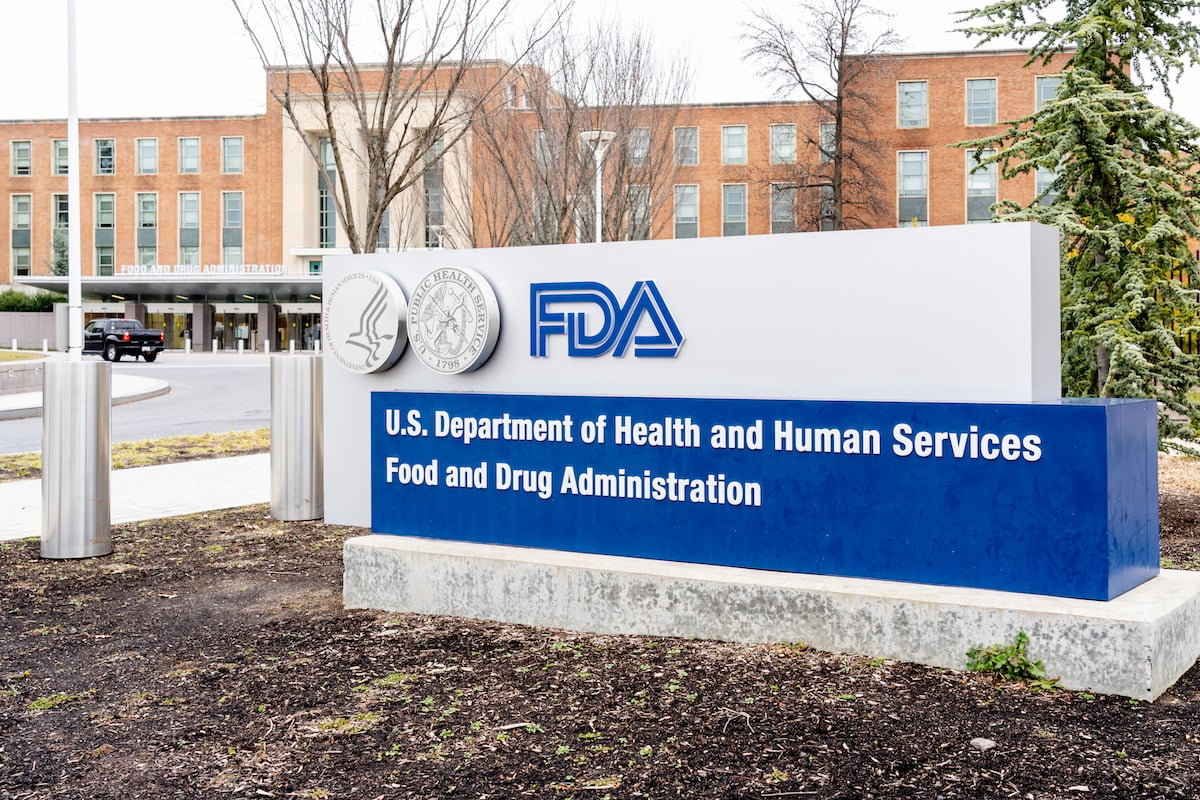

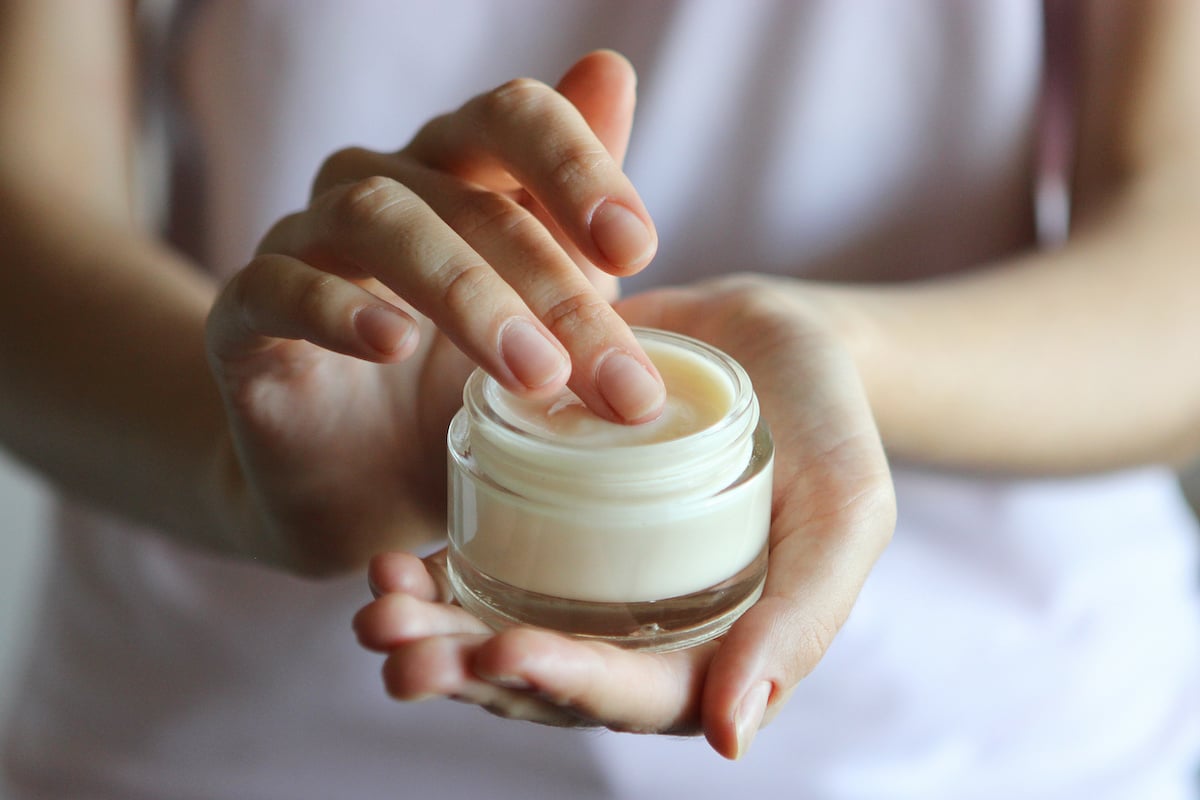
.jpg)
